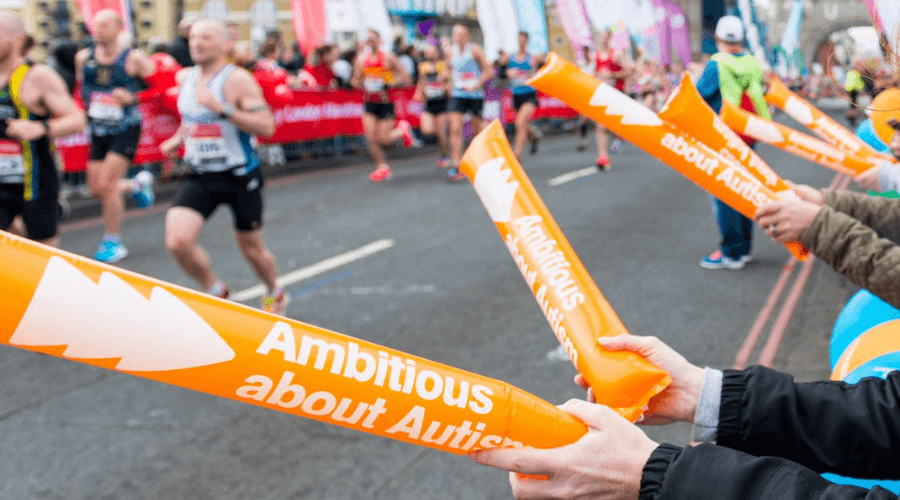Breathing

We talk about how long we can survive without food or water, but rarely do we consider how long we can survive without breathing. It’s pretty important!
Learning how to breathe while running, and exercising, is one of the most impactful things you can do. There are levels to this, and various protocols you can play with, to improve performance. But right now, the vast majority of us don’t need to consider performance. Health, and intelligently prescribed exercise, is what we need to focus on.
We are overwhelmed, stressed, and juggling in life. Stress is important, but not without rest and recovery. Our sympathetic nervous system is getting overused, and this can lead to some negative physical and mental issues. Breathing is a tool we all have at our disposal, which can significantly help manage our stress. We have the ability to alter our psychological state through a change and shift of our physiology.
Breathwork doesn’t have to be complicated, here are some effective exercises to use as often as you wish. When you wake up, just before bed, and in those moments where you feel overwhelmed, stressed, anxious, etc. Here are a few options:
1/1 (inhale / exhale)
Inhale for five seconds, exhale for five seconds (for two to five minutes).
1/1/1 (inhale / hold / exhale)
Inhale for four seconds, hold your breath for four seconds, exhale for four seconds (for two to five minutes). If this is too hard or easy, then start at three or five seconds inhale/hold/exhale. Aim to build this up over time.
1/2/1/2 (inhale / hold for double / exhale / hold for double)
Inhale for three seconds, hold your breath for six seconds, exhale for three seconds, hold your breath for six seconds (for two to five minutes). If this is too hard or easy, then start at two or four seconds inhale/exhale and double the holds to four or eight seconds as appropriate for the 1/2/1/2 protocol.
All breathing must be done through the nose, both the inhale and the exhale, and focus on breathing through the belly. Slower, diaphragmatic breathing will significantly reduce your respiratory rate, activate your parasympathetic nervous system, can help reduce stress and anxiety, improve mental wellbeing, and improve immune system function.
Give these a try and let me know how you get on. @philroberton phil@fitness-aspirations.com



